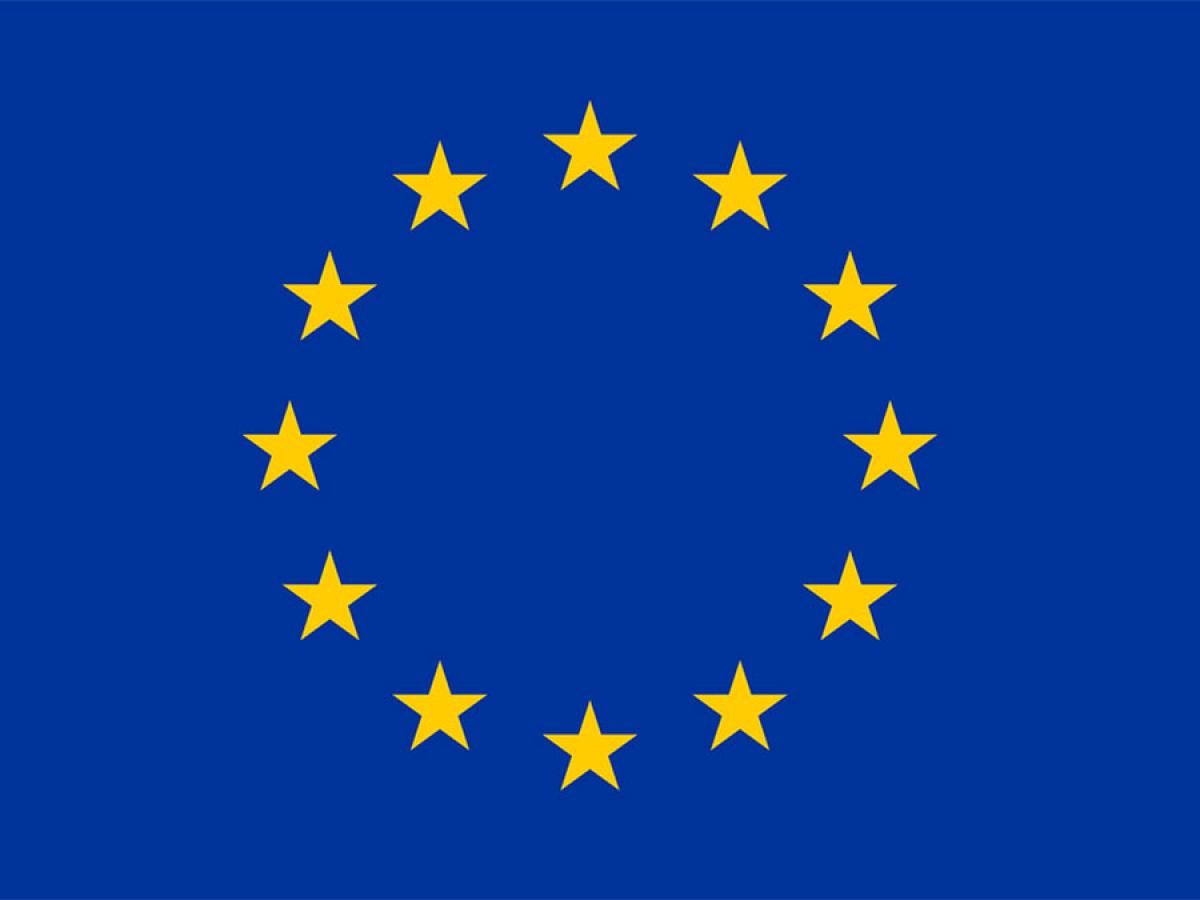How is the ‘Business of Climate’ impacting the ‘Climate of Business’?

The European Union (EU) is advancing environmental governance through the European Green Deal, including the Deforestation Regulation and the Corporate Sustainability Due Diligence Directive (CSDDD).
These initiatives target supply chain sustainability by imposing rigorous compliance requirements on imported commodities to the EU, including deforestation-free sourcing.
The working paper evaluates the implications of these regulations on Emerging Asia, highlighting that the stringent compliance requirements could disproportionately impact smallholder producers. The focus on sectors like agriculture, textiles, and minerals—characterized by fragmented supply chains—poses significant challenges for developing countries.
The analysis identifies opportunities for exporters in aligning with the EU’s standards through existing certification schemes, though many exporters face barriers due to high compliance costs and complex documentation. Additionally, the EU’s unilateral approach, without substantial engagement with trade partners, raises concerns about fairness and potential trade tensions.
The paper suggests that for a successful transition, the EU should enhance support mechanisms and promote cooperation with producer countries. Lessons from these impacts are particularly relevant for Australia as it navigates its own green transition, emphasizing the importance of balanced policies that consider both environmental and socio-economic dimensions.
About the authors
Sakshi Abrol2 Sakshi Abrol is a PhD Scholar at the Center for Development Research (ZEF), University of Bonn. Her research, ‘Advancing the livelihood opportunities of forest-dependent communities in India through inclusive markets and trade’ is funded by the German Academic Exchange Service (DAAD). Prior to this, she has consulted with the Government of India on projects such as tribal livelihoods, Open Network for Digital Commerce (ONDC) and market ntegration for diary producers, and with corporates on projects such as ‘Impact of e-commerce in India’. Her interest areas lie at the intersection of inclusive value chains, livelihood and technology.
Dr. Surendar Singh3 is an Associate Professor (International Business) at Jindal School of Liberal Arts and Humanities, O.P. Jindal University, Sonipat, Haryana. His research interests include international trade, global value chains, industrial policy, global business strategy, trade and geopolitics and global supply chains. He has worked as National Consultant for the World Bank Group, Washington D.C and Asian Development Bank, Manilla, United Nations Economic and Social Commission for Asia and the Pacific (UNESCAP) Bangkok, Thailand and European Commission, Brussels. He is also a Visiting Fellow, Korea Institute for International Economic Policy, South Korea.
Views and opinions expressed are however those of the author(s) only and do not necessarily reflect those of the European Union or the European Education and Culture Executive Agency (EACEA). Neither the European Union nor EACEA can be held responsible for them

This work is licensed under Commons Attribution-NonCommercial-NoDerivatives 4.0 International License.
IIT is a global leader in researching, analysing and commenting on International Trade.
Stay informed about our up-and-coming seminars, events, publications, awards, new projects and collaborations, and other exciting news.
